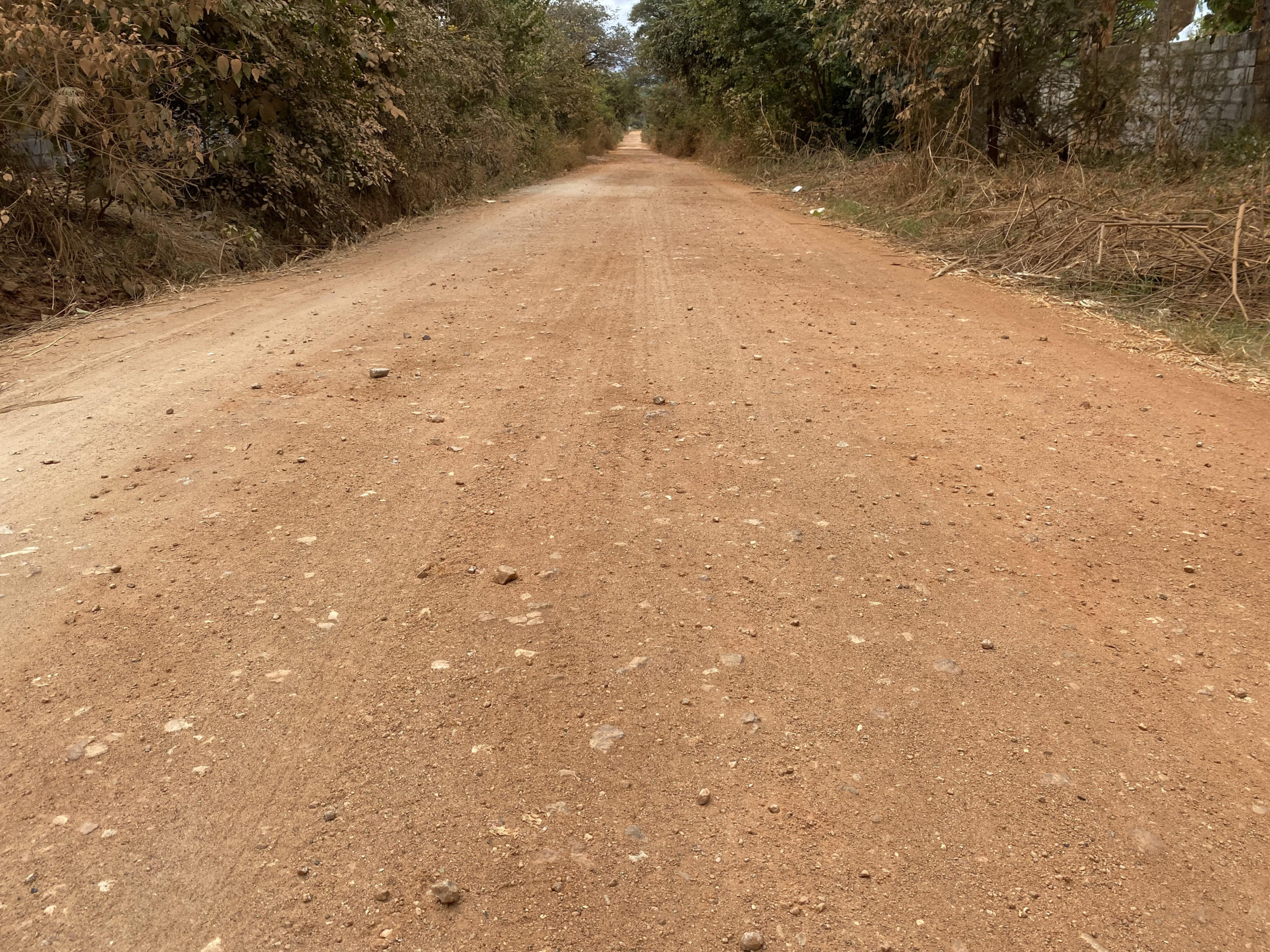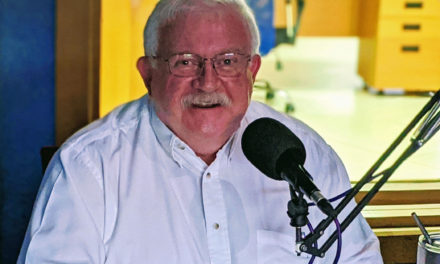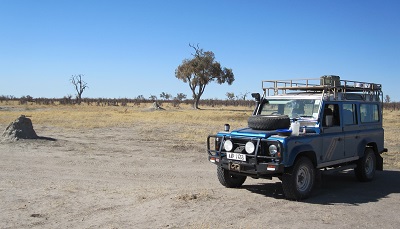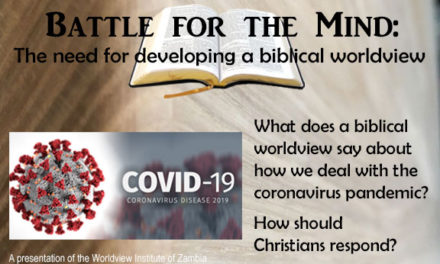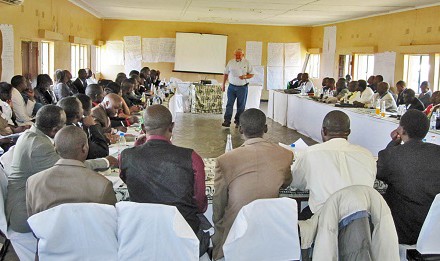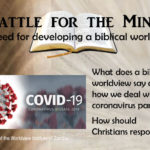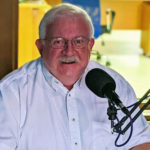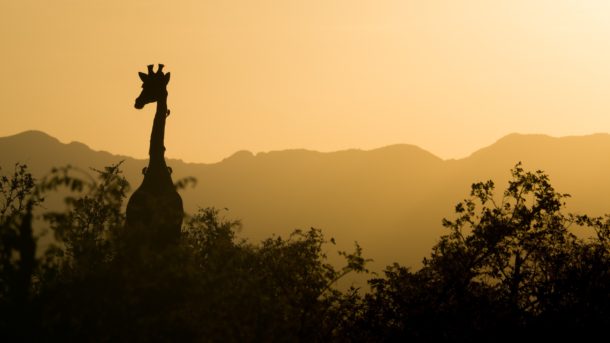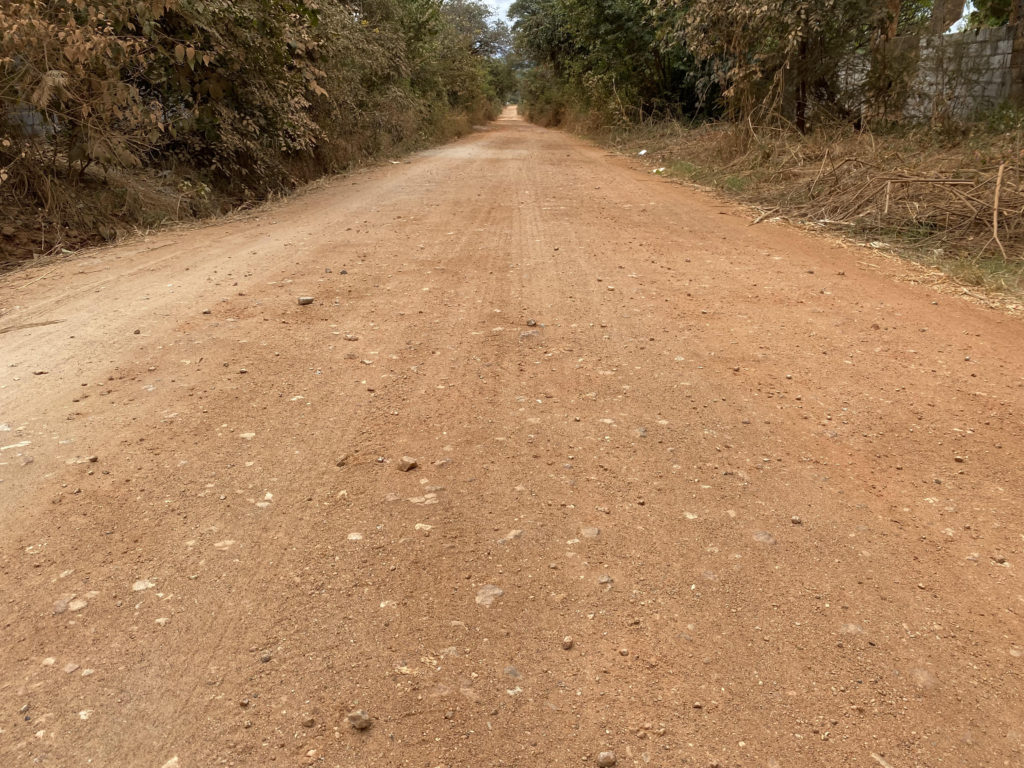
Choices. They are crucial. Yet what influences, what informs our choices. When we become a Christian, do we choose to be a disciple of Christ? What do our choices show? Do we attempt following Jesus while still grasping things from our past that the world has used to shape our identity?
The influences for our choices is the battle for the mind: the battle of our choices. This is the battle for being a disciple of Jesus.
So many people in Zambia struggle with choices as they become a Christian. They face the pressures and the luring of those things and ideas that are seen as essential if they want to have a modern image and identity.
Just think of the imagery that we have bombarding us every day!!
Look at the billboards blocking out the sky along the streets of Lusaka. Billboards so huge you cannot miss them even if you wanted to. Billboards advertising images of beautiful people and pictures of products to make you look like them; images of how to get fair skin; images of vehicles for the prestigious; photographs of the right clothing; food; and so much more.
There is so much imagery that we face every day.
The world wants you to copy the behaviors and customs it creates. It wants you to conform to at least one of the avenues of life it has for people. It does not want you to leave its authority. And, it does all it can to keep a hold on you.
All of this is nothing new. 70 yrs ago, T.S. Eliot wrote:
The problem of leading a Christian life in a non-Christian society is now very present to us….And as for the Christian who is not conscious of his dilemma—and he is in the majority—he is becoming more and more de-Christianized by all sorts of unconscious pressure: paganism holds all the most valuable advertising space.
– T.S. Eliot, The Idea of a Christian Society. In Christianity and Culture.
What can we do to affect the impact of the many influences Zambia faces?
Unfortunately, for many, their identity as a follower of Christ is limited. Christianity doesn’t seem adequate to give people a Christian identity that is sufficient to be acceptable for every area of life. This is not true!
We must proclaim the full gospel of Christ! The gospel that is about God so loving the world, his creation, that he sent Jesus to earth to restore humanity to its relationship with God so that all of creation will be saved and blessed. All. All.
No culture remains static, the same over generations. All cultures change. But what guides or influences that change is important. And we must be proactive in times of change. We cannot afford to be passive receivers of all changes. We must think about our lives and think about our values. We must be active in the battle that takes place for our minds.
We are witnessing a reaction against the flow of foreign thought into Africa. Some call for a restoration of traditional African values and ways of life. However, it is difficult to go backward for anything. Life moves forward.
The gift of the gospel message is that we can have a new life in a relationship with God, our creator. This message can give us the stability every person needs to be able to withstand the winds of ideas and philosophies; to withstand that siren call to be like everyone else.
Remember, this is not a new problem. Nearly 3000 years ago, the Israelites confronted Samuel,
“Look,” they told him, “you are now old, and your sons are not like you. Give us a king to judge us like all the other nations have.” 1 Samuel 8:5
God’s chosen people. Yet, they wanted to be like other nations. In other words, they wanted to be special, but not too special. The Church wants to be special. But it doesn’t want the world to call it uncivilized, not modern, caught in its primitive past. So, it compromises a little here and a little there.
To help people fight the influence of the world, Christians need to know that their identity in Christ is sufficient, and even more so than the identities the world may have to offer.
The “Battle for the Mind” is an old battle that still wages.
Many Christians in Zambia today don’t understand the dangers of the battle that is taking place for their minds. Life–just living–demands so much effort. Little time is left to pay any attention to the development of our personal lives and especially the more profound things such as our identity as Christians and being a disciple of Christ.
The struggle for so many today is for how to live…not what to think.
However, we must understand that what we do and how we live is based on what and how we think. And, the worldview we have lies as the center for all of it. The cultures of Zambia are caught up in a very real storm of ideas and philosophies that have come to it in many ways.
They are being buffeted by the winds of different secular systems of belief, supported by the lure of finances, education, jobs, and a better life. Secular missionaries from many NGOs are working to spread a gospel of tolerance, personal rights, and freedoms. The problem is much of this gospel is contrary to the ethical beliefs Africa has held for centuries. They teach that if Africa would just accept their gospel, it would become advanced and taken into the world systems.
The Scriptures tell us that when we become disciples of Jesus:
Then we will no longer be immature like children. We won’t be tossed and blown about by every wind of new teaching. We will not be influenced when people try to trick us with lies so clever they sound like the truth. Eph 4:14
Christian Africans, Zambians, must become proactive in the development of the biblical worldview in this land. If the Church is going to be more than just a hobby, a pastime, a casual part of life, then it must develop a biblical worldview, in this context. The Church, which is the community of people who are believers, must become disciples of Christ. Disciples who are not just religious, but are engaging their faith in every part of life.
Though there is a large and active Church, often the focus is misplaced.
I believe that in their excitement to preach and teach the Word of God; that in their desire to promote a time of spiritual encounter in its worship services, much of the Church in Zambia has let the world system slowly, methodically and successfully isolate Christianity to a narrow portion of life dealing with morality and spirituality. There, in its isolation, Christianity has been gelded, neutered, prevented from being able to engage in the conversations of the world and from participating in guiding the directions of cultural change. The Church has, in many ways, been made a prisoner of the cultures in which it exists.
If we are not active about what we believe, we remain prisoners of our cultures. Unable to move forward with the full freedom we have in Christ, free from the power of sin that affects all humans. Our cultural beliefs remain unchallenged and influential as we try to be Christian.
Maturing as disciples of Jesus, believers must overcome secular or unsaved worldviews, or they work to hold onto our lives as Christians and prevent us from seeing the kingdom of God come as a reality in our world.
Culture. Worldview. How we live and react to the reality, we encounter, all are rooted in and shaped by our worldview and the culture we receive from birth.
Unfortunately, the institutional Church has widely taught and preached a Christian faith that the prevailing worldviews and cultures of the world have limited to a small part of life. Therefore, the Christian faith has become imprisoned in a small cell of one’s whole life; people around the world struggle as prisoners of their cultures while making visits to the cell-room of faith.
Our faith must change our cultures. Jesus came to set people free. Free from the powers and principalities that rule this world. Free from the power of sin and death. Free from the darkness that clouds the minds of people, preventing them from seeing the light of the world, Jesus Christ!
Go, be the light, the light set on the hill. Reflect his glory in everything you do and say.
Many discipleship programs exist in the Church, yet, people still struggle to overcome their old worldviews and cultures.
Sometimes, I think the Church, in general, has been and is often very simplistic in its approach to discipleship and life in the Kingdom of God. There is a tendency to emphasize the knowledge of the faith over being able to live the gospel.
I do not believe the Church overall, is teaching anything wrong and leading people astray. I think the Church wants to see people saved. I believe it wants people living righteously and go to their reward in heaven when they die.
Nevertheless, the Church does seem to have given up teaching that God is in charge of it all, not just our religious life. It has let the world set the agenda for what we know and believe.
The world likes to tell us that if God had created all, the universe is just functioning now on its own. If we as people are going to get ahead, we must do so through our efforts to understand reality and deal with it. Our faith is good for helping us to live as good people, but it doesn’t help to deal with real things like this coronavirus we are facing today. It doesn’t deal with the production of food; with mining and the industrial complexes, we need to survive in the modern world.
Our worldviews and cultures reflect the reality that we are social people—we live with others and must exist together. Humanity has created these worldviews and cultures to be successful at creating working societies.
Culture is what we make of the world.
Worldview is the deeply held belief system that informs all our interactions with the world around us. It is what our cultures are built upon, and it is why having a biblical worldview is so essential for a Christian.
The biblical worldview accepts that God made man. He made him in his image. God gave man a brain, and it is unique in nature.
The human brain is unique: Our remarkable cognitive capacity has allowed us to invent the wheel, build the pyramids and land on the moon. In fact, scientists sometimes refer to the human brain as the “crowning achievement of evolution.”
But what, exactly, makes our brains so special? Some leading arguments have been that our brains have more neurons and expend more energy than would be expected for our size, and that our cerebral cortex, which is responsible for higher cognition, is disproportionately large—accounting for over 80 percent of our total brain mass.
– https://www.scientificamerican.com/article/what-makes-our-brains-special/
The image of God overcomes the naturalistic worldviews.
I am not making a simplistic response, but we must understand, when people want to exclude God from their understanding of reality, they will look for any possible evidence and even create it! Our trouble is that without a biblical worldview, we as Christians can be open to their arguments. We have the truth, and we must know it.
If we observe nature, we at the variety of life we see humbles us. God thought about all of that.Since God made us in his image and our brains represent that image, what are our minds capable of? If people of this world create and do what they do with their brains, what could be done by people who are born again and in a relationship with the One who designed that brain?
Why do so many Christians live without using their brains? Without accepting their identity of being in Christ and being the image of God?
Again, Romans 12:1-2,
And so dear brothers and sisters, I plead with you to give your bodies to God because of all he has done for you. Let them be a living and holy sacrifice—the kind he will find acceptable. This is truly the way to worship him. Don’t copy the behavior and customs of this world, but let God transform you into a new person by changing the way you think. Then you will learn to know God’s will for you, which is good and pleasing and perfect. Rom 12:1-2
The people of faith do not only have the Word of God but the One who inspired it.
But for us, there is one God, the Father, by whom all things were created, and for whom we live. And there is one Lord, Jesus Christ, through whom all things were created, and through whom we live. However, not all believers know this. 1 Cor 8:6-7a
For there is one body and one Spirit, just as you have been called to one glorious hope for the future. There is one Lord, one faith, one baptism, one God and Father of all, who is over all, in all, and living through all. Eph 4:4-6
In the nation of Zambia, with people claiming to hold to the same belief system to the extent of being 85.5% of the population, what can that nation accomplish?!!
What more can it accomplish when they are Spirit-filled children of God?
How we can be free from the power of culture, how we can win the battle for our minds, and become disciples of Christ. After this long path to get there, let me say the answer is: we think. We use the mind God has given each of us.
All Scripture references are from The New Living Translation.

